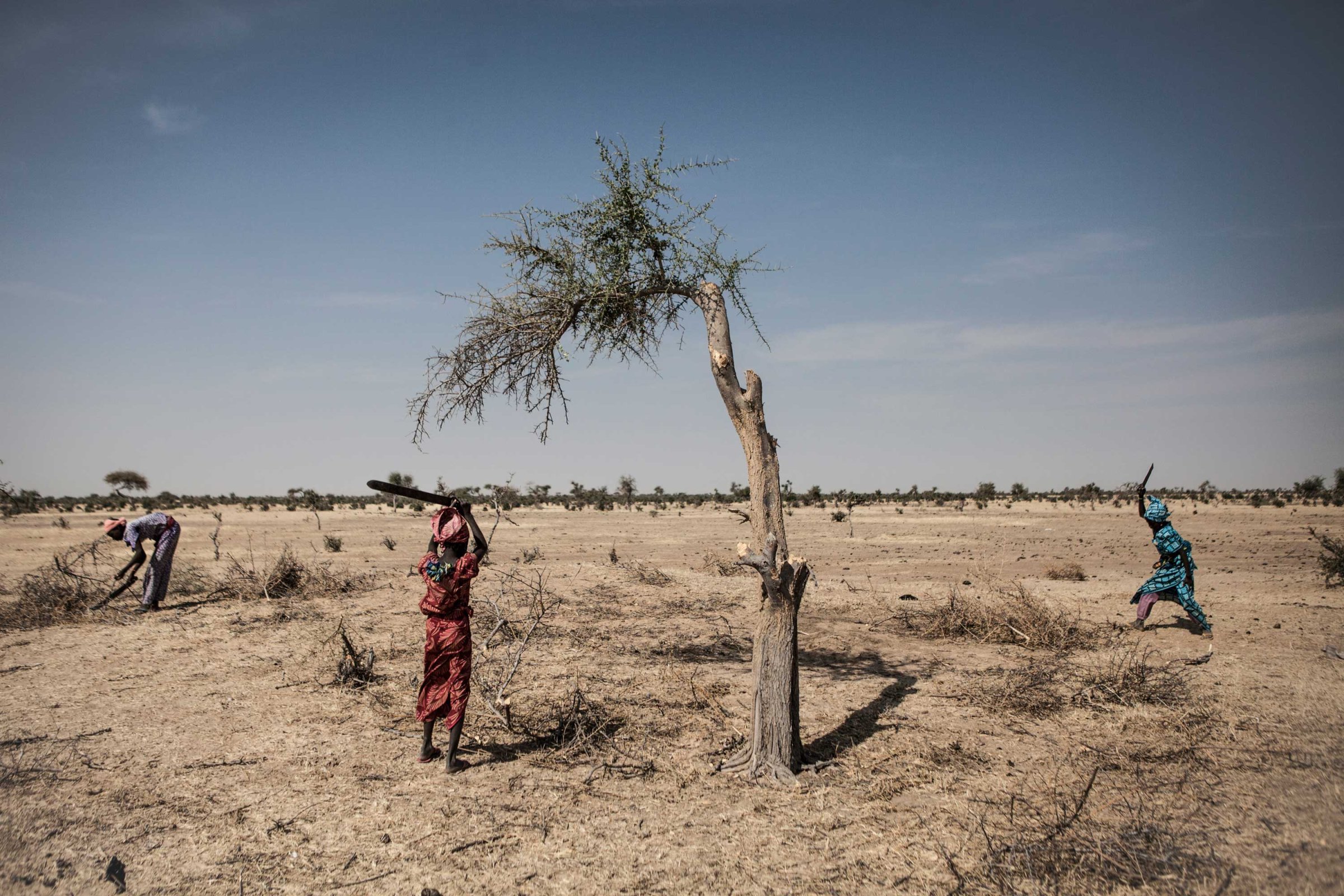
In Africa, natural resources are an essential part of survival. Whether it’s mining, fishing or agriculture, daily life often centers around the earth. This could not be truer for those who live in the Chad river basin, which lies in the heart of west Africa. This massive interconnected water system spans Cameroon, Niger, Nigeria, Chad and Central African Republic, and provides natural resources for 30 million people in the region.
As a result of climate change but also because of human forces, Lake Chad — a freshwater lake that lies at the center of the basin — is rapidly evaporating. It sits in the middle of the Sahel, where the dry Sahara desert meets the savannah lands, and many people in the region live off of its water. To make matters worse, the Islamic terror group Boko Haram’s brutality in northern Nigeria has bled into other countries surrounding the Chad river basin. This unpredictable conflict is pushing thousands of refugees onto lands that are already overpopulated and strained.
“Over 2.6 million people are currently displaced across the four countries that surround the Lake Chad Basin,” says photographer Jane Hahn, who has worked in the region for more than ten years now and produced these images, shot in Niger, with funding from the Open Society Initiative for West Africa. “The crisis was originally contained within northeastern Nigeria, where Boko Haram focused their terror since 2009, but in 2015, the terrorist group began to cross borders and target neighboring countries,” she tells TIME.
With the lake disappearing at an alarming rate, Hahn says that it’s more important than ever for nearby governments and nonprofit organizations to devise solutions. Although plenty of resources have been funneled to offset environmental impact, the disarray caused by Boko Haram has created significant hurdles. “There are local organizations that have been trying to stop the encroaching desert and reinvigorate the lake, but their efforts have come to a standstill as attention and funding must be focused on immediate aid to the victims,” she says. “While Boko Haram has reduced in number due to multinational military forces weakening them, the insurgents have changed tactics and continue to terrorize people of the basin. This not only drastically affects the economy due to blockage of major trade routes, but also makes reaching and tracking displaced communities increasingly difficult. People are continuously on the move.”
Hahn says that while the people of the region are resourceful, much of their livelihood comes from the shifting landscape around them. “The people who rely on the basin have a very strong connection to their environment,” she says. “They are farmers, fishermen and animal breeders whose governments, let alone the world, have forgotten about. They still somehow manage to make do with what little Mother Nature gives them.”
Jane Hahn is a freelance photographer based in Dakar, Senegal. Follow her on Instagram @janehahn.
Janna Dotschkal is a freelance writer based in Washington.
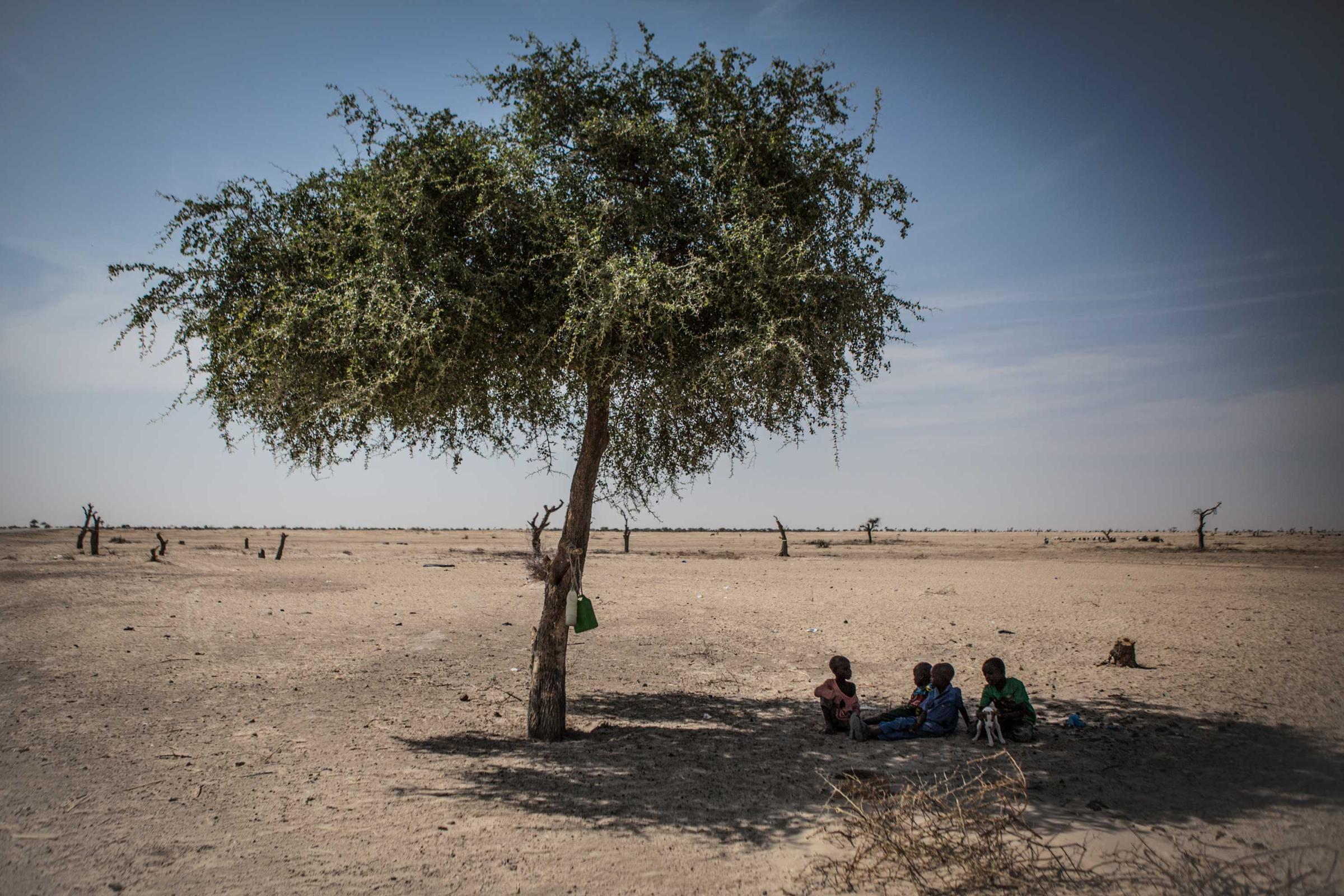
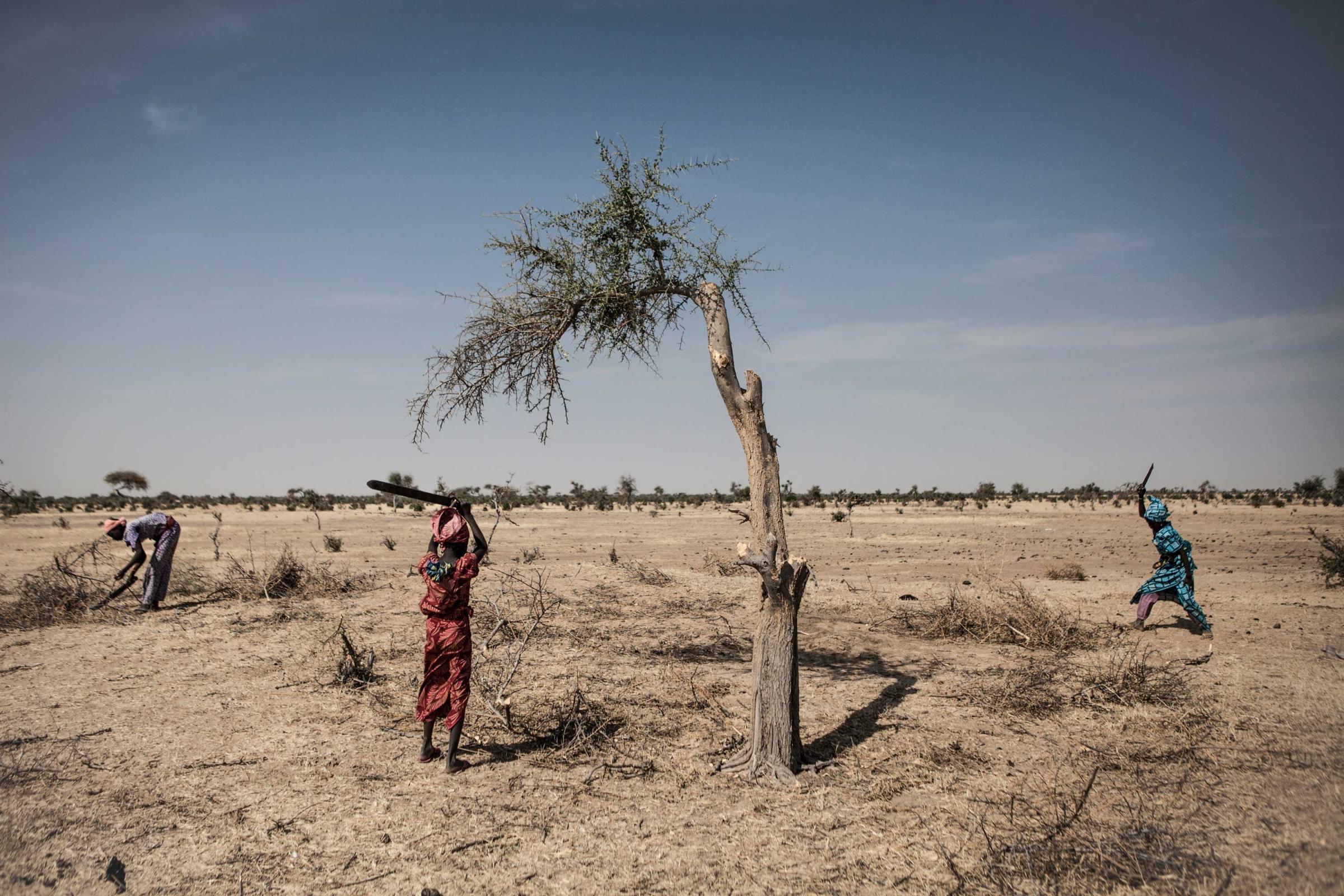
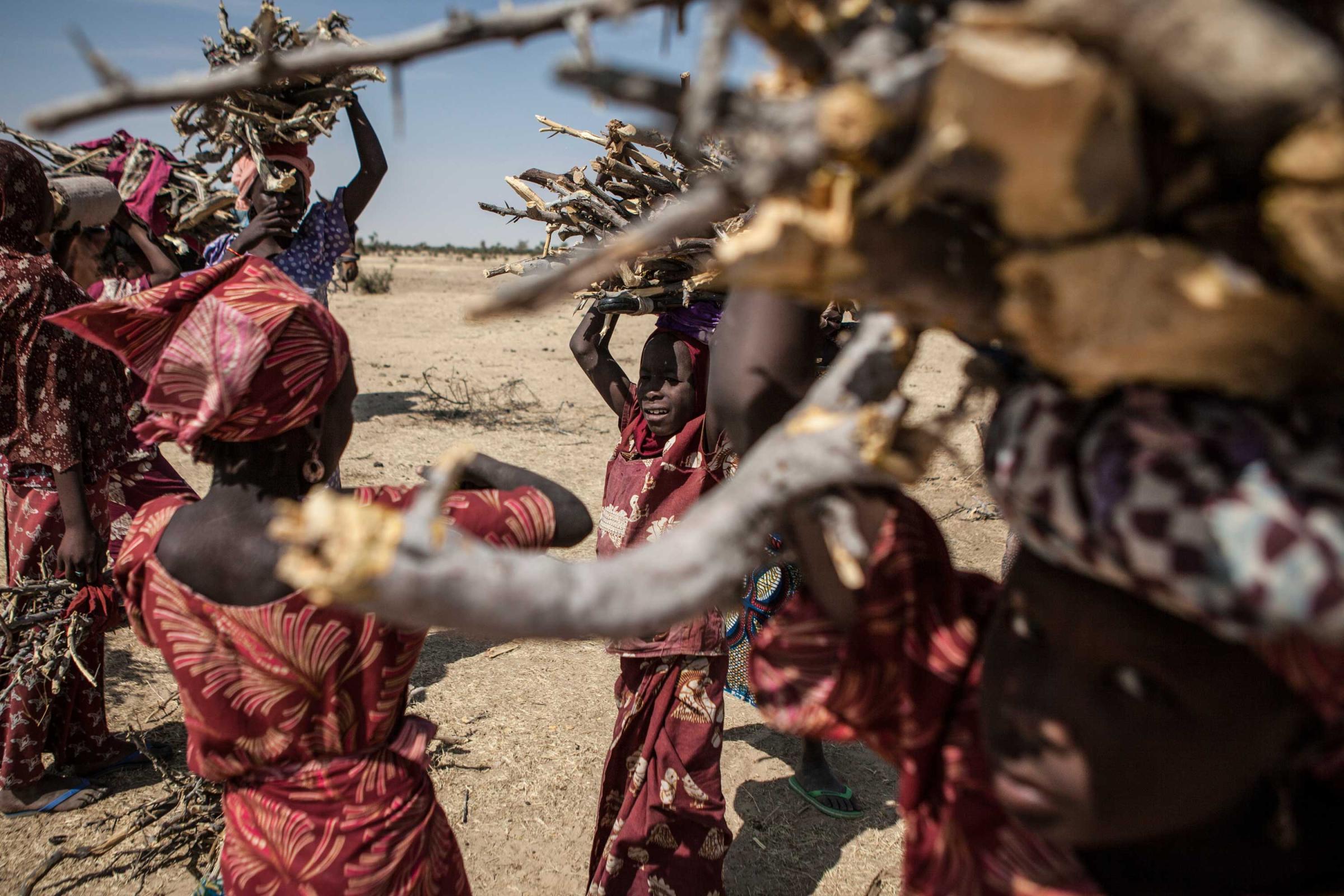
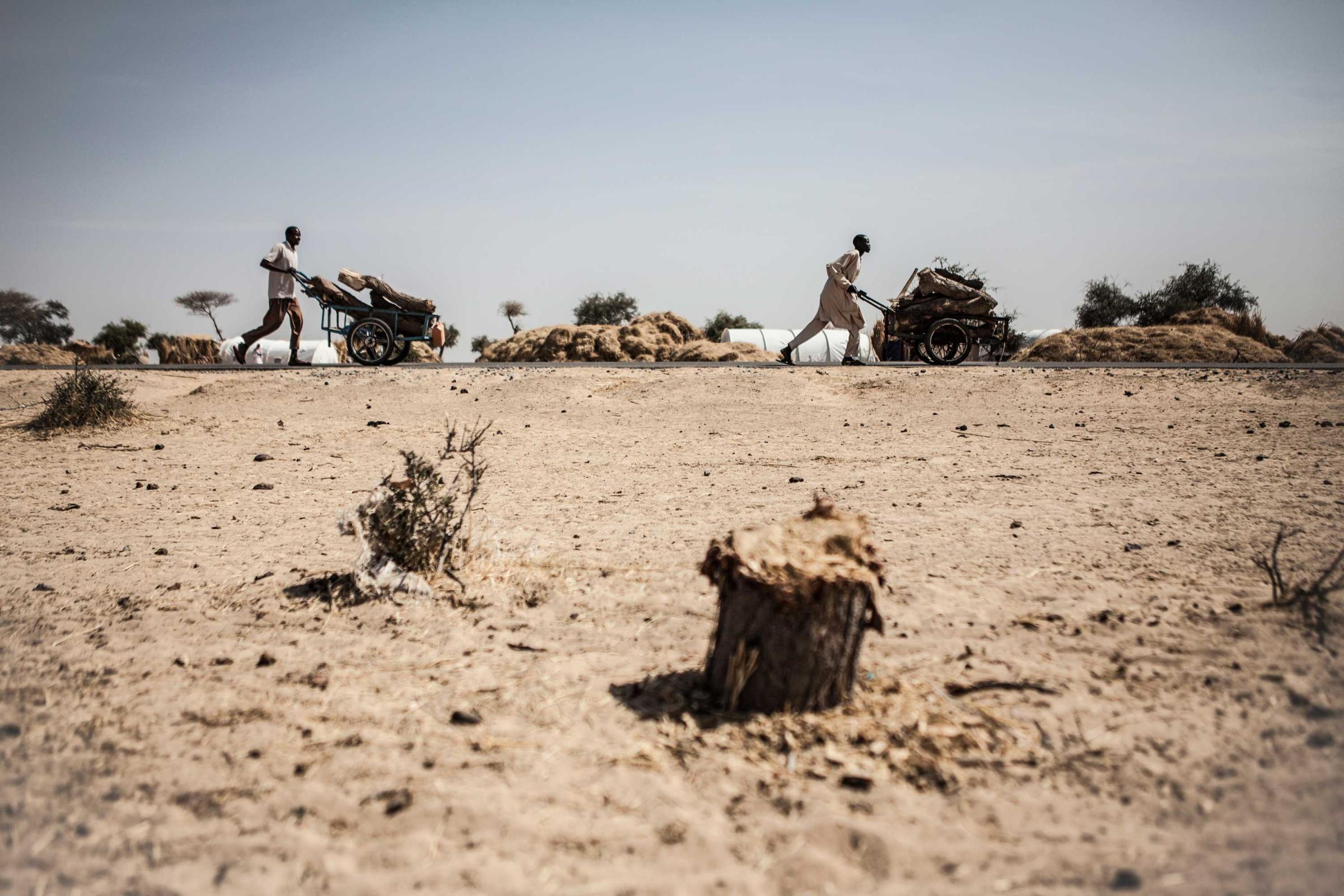
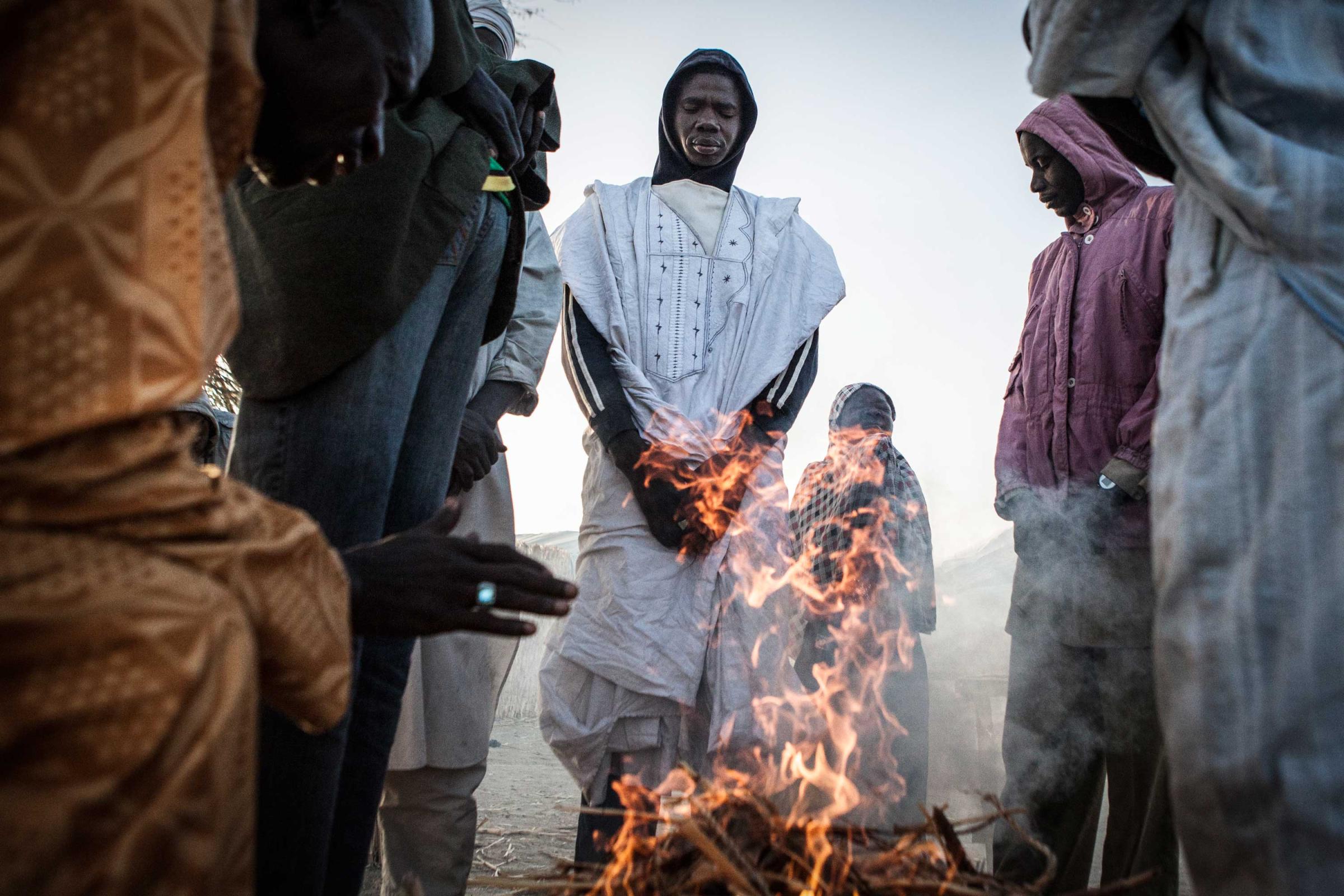
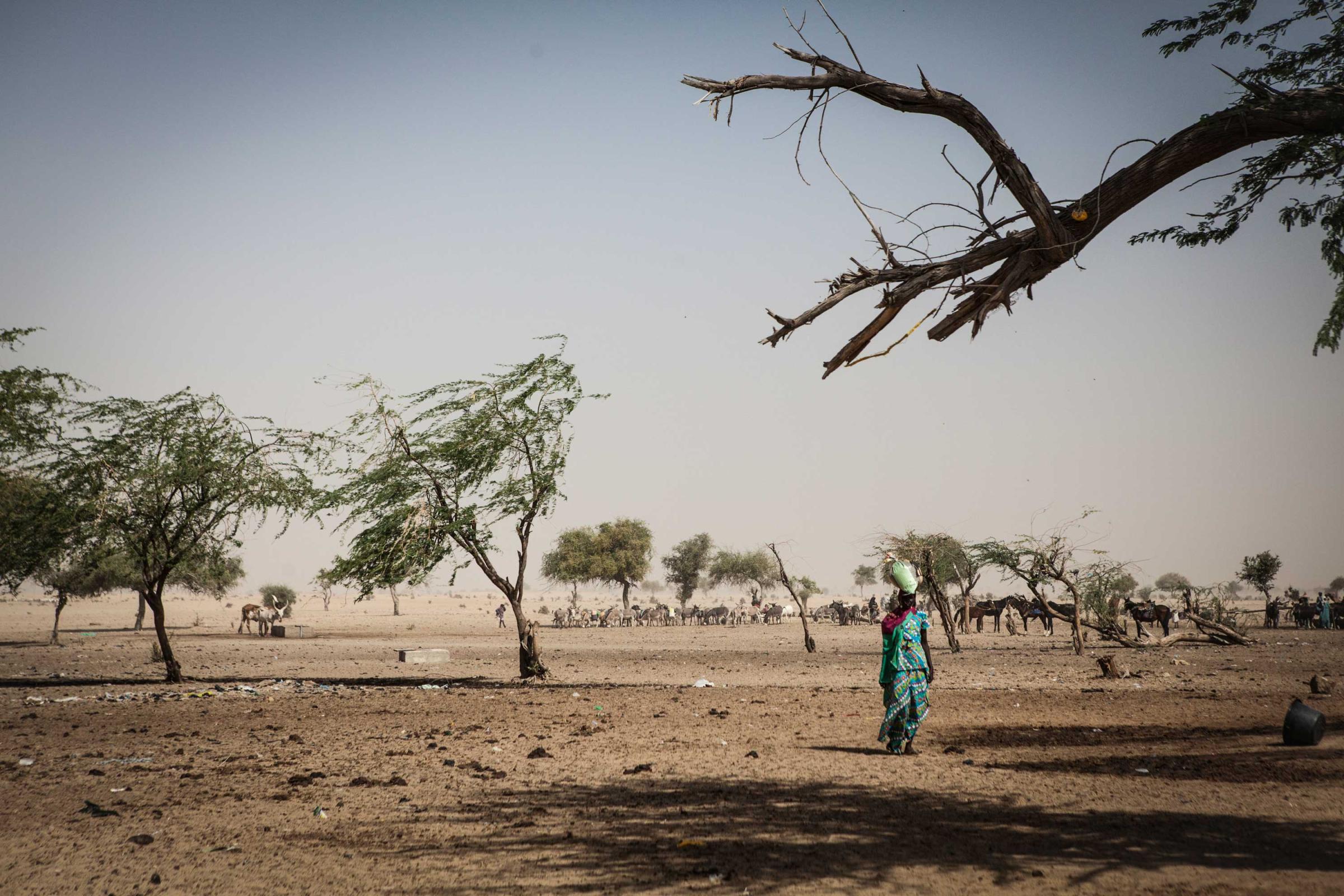
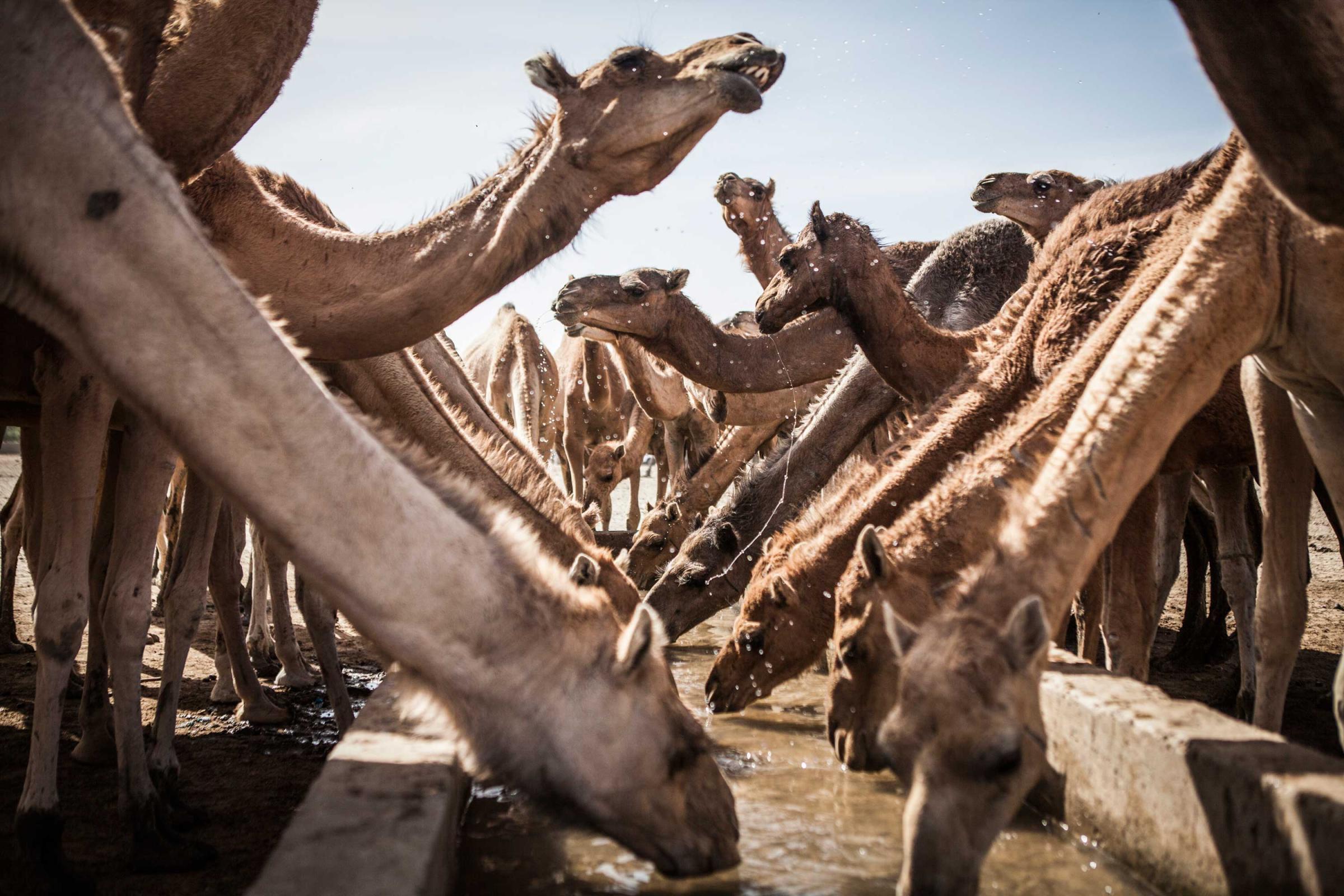
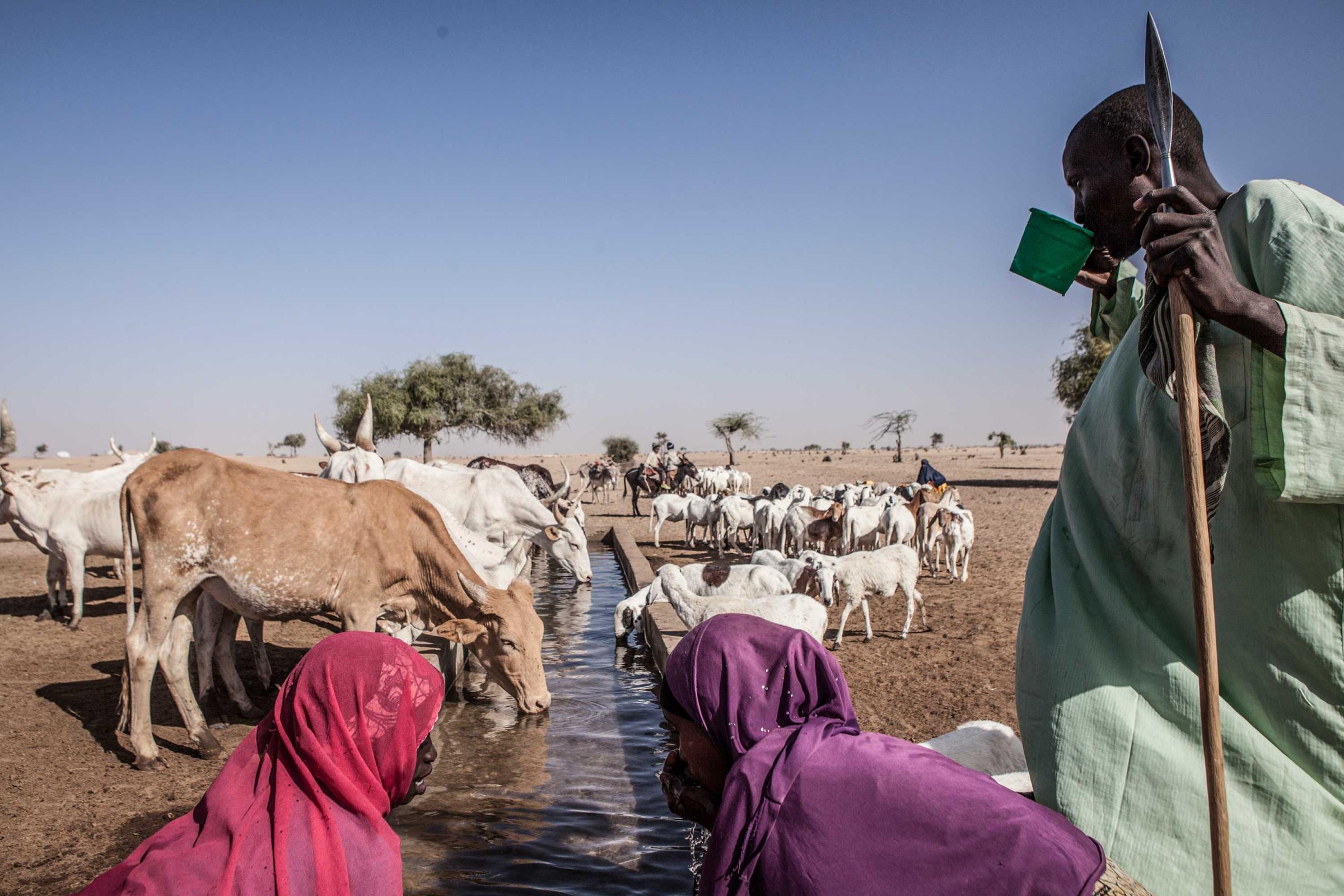
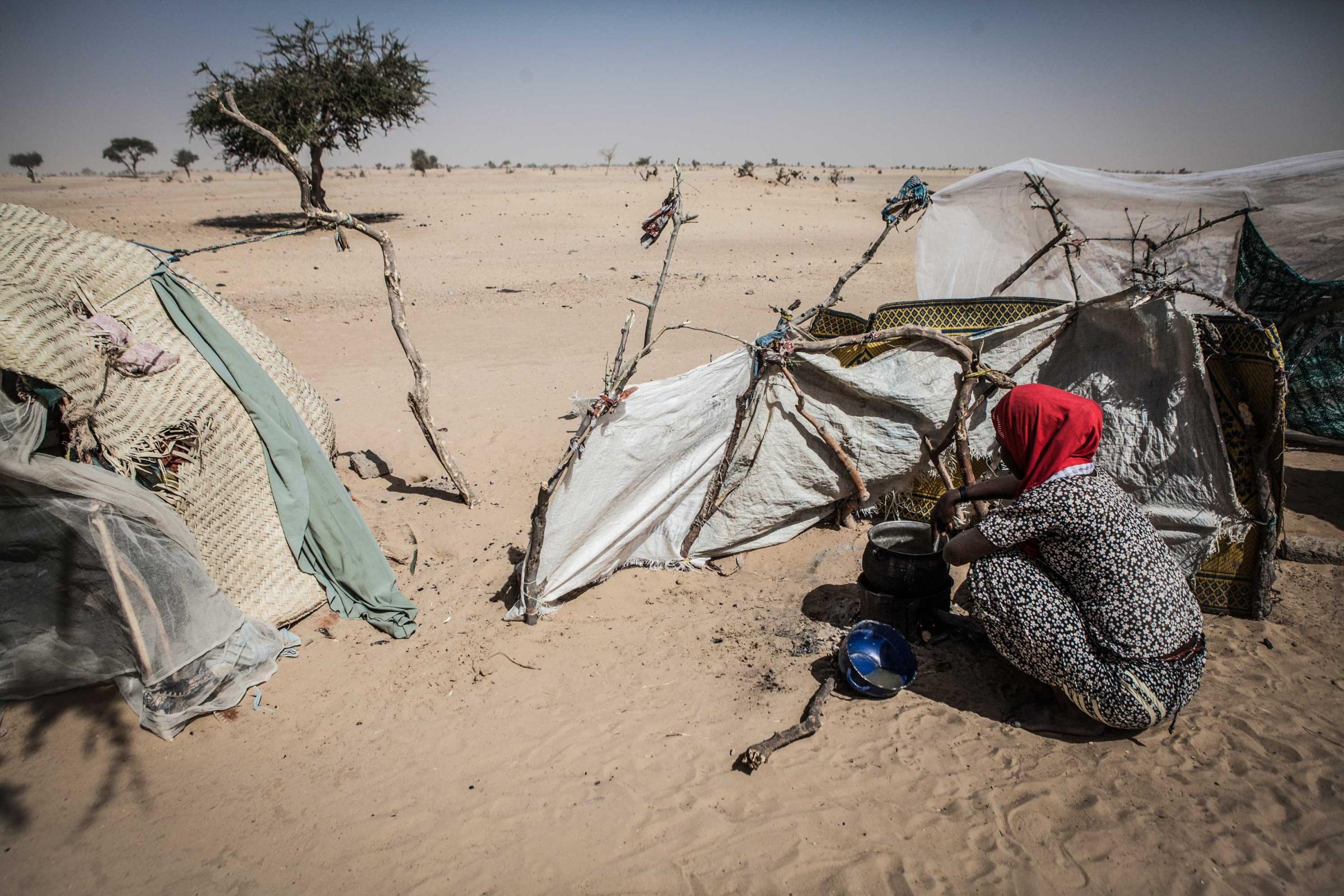
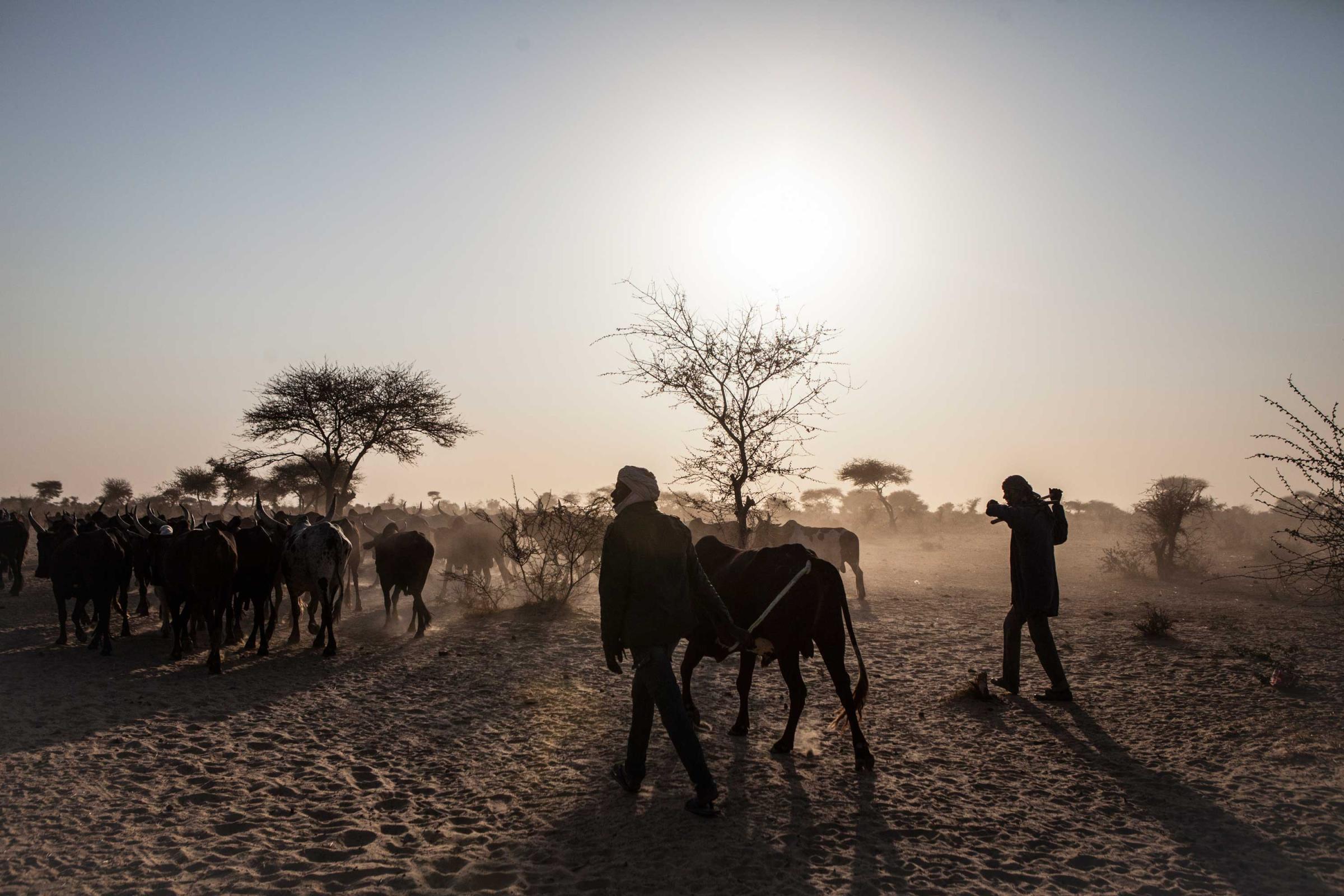
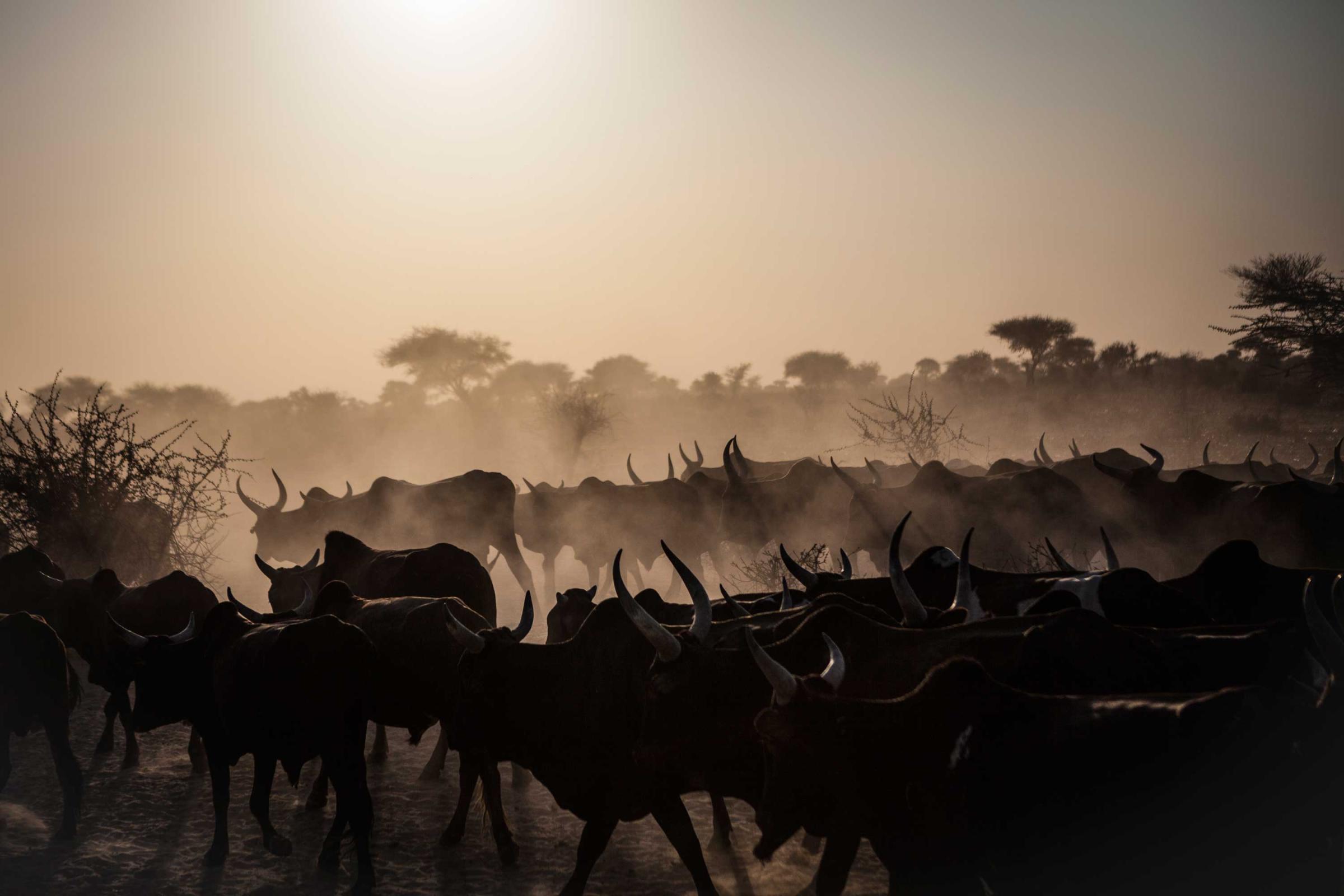
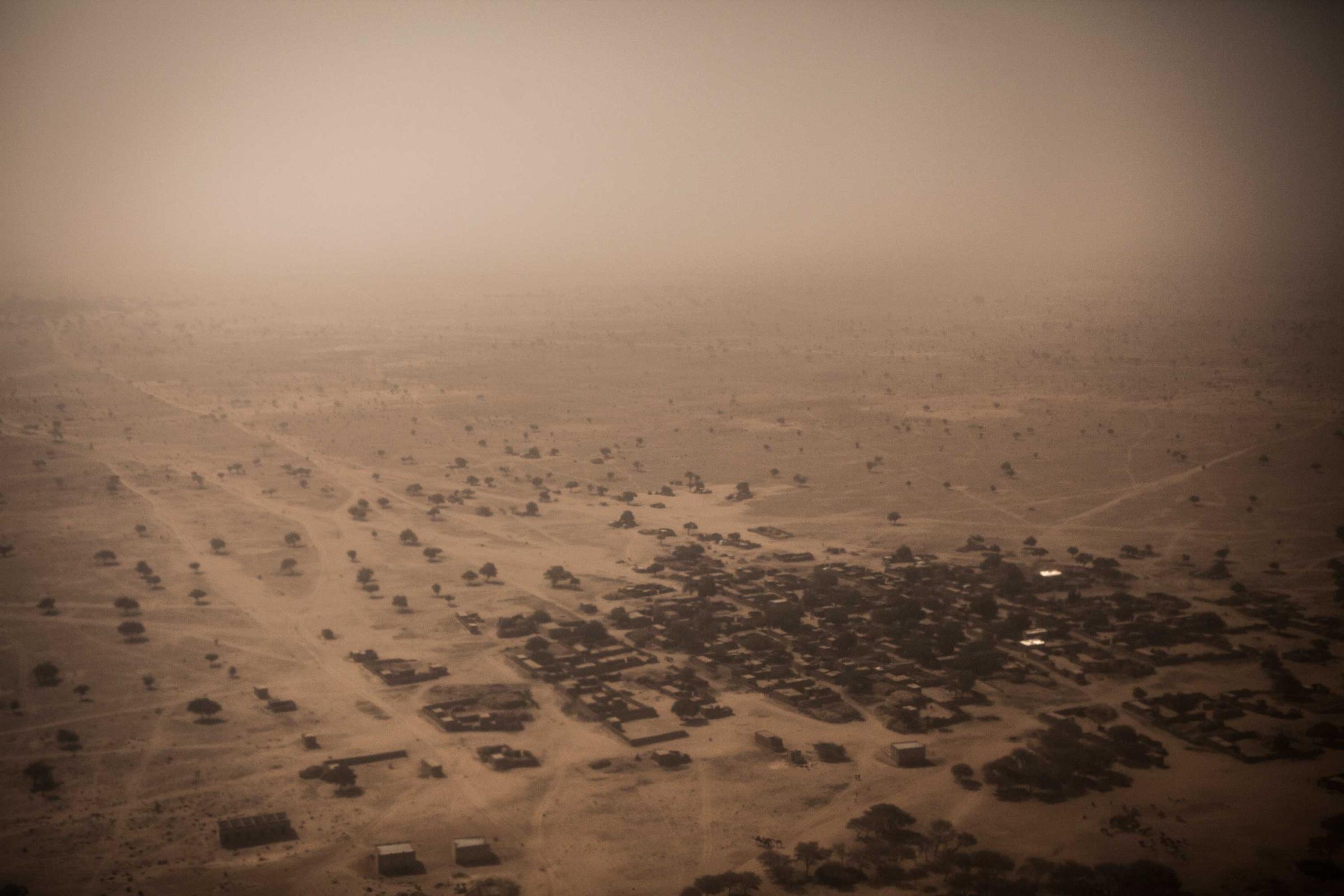
More Must-Reads From TIME
- The 100 Most Influential People of 2024
- The Revolution of Yulia Navalnaya
- 6 Compliments That Land Every Time
- What's the Deal With the Bitcoin Halving?
- If You're Dating Right Now , You're Brave: Column
- The AI That Could Heal a Divided Internet
- Fallout Is a Brilliant Model for the Future of Video Game Adaptations
- Want Weekly Recs on What to Watch, Read, and More? Sign Up for Worth Your Time
Contact us at letters@time.com